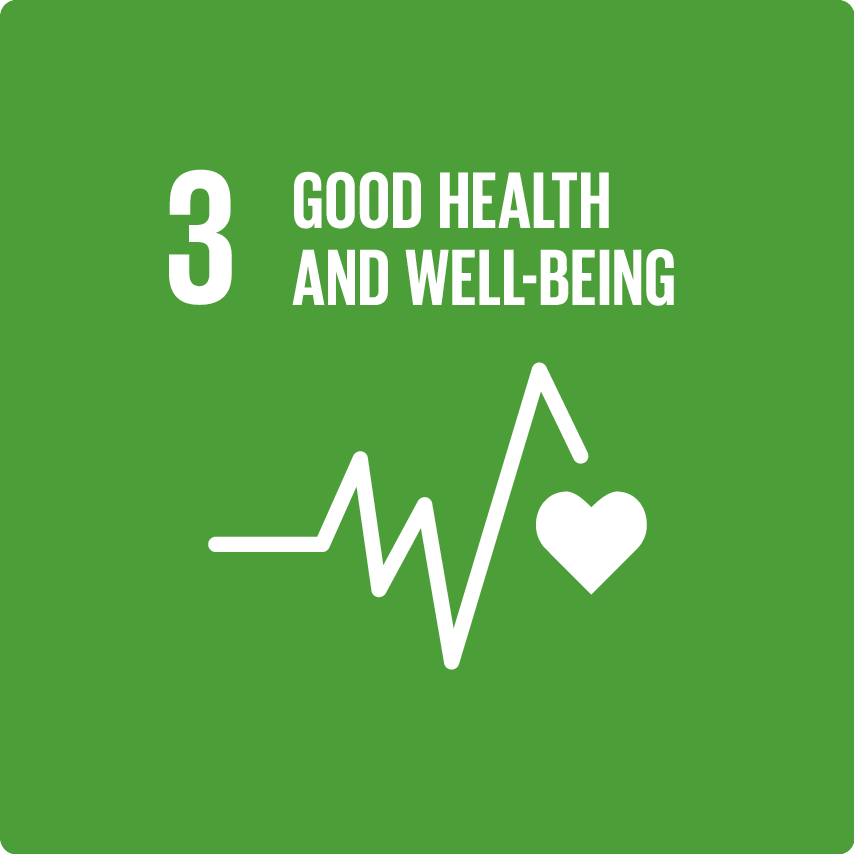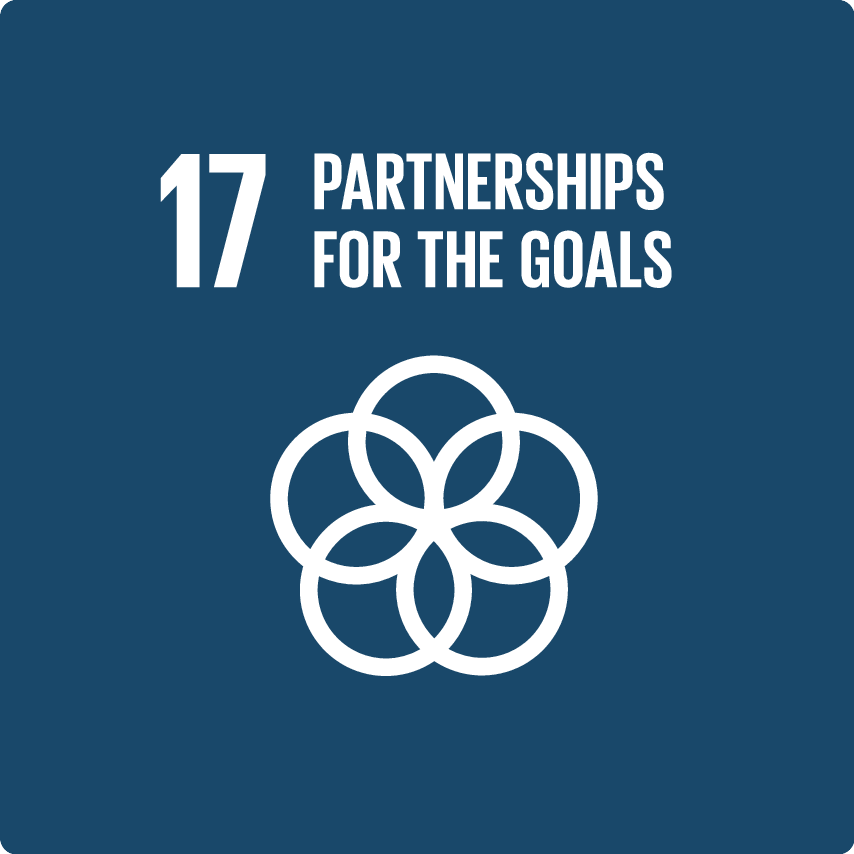CARDIO4Cities
A multi-stakeholder collaboration to improve cardiovascular population health in cities.
SEE ALL PARTNER ORGANIZATIONS
Objectives
- Work with city authorities and other intersectoral partners to co-design and implement a sustainable holistic strategy to improve cardiovascular population health in urban environments following the 'CARDIO approach' – shorthand for quality of Care, early Access, policy Reform, Data and digital technology, Intersectoral collaboration, and local Ownership
- Help healthcare managers and political decision makers to evaluate different interventions and identify the most impactful and cost-effective strategies to improve cardiovascular health in urban populations.
What are the health needs and challenges?
Cardiovascular disease is the world’s leading cause of death – taking almost 18 million lives per year. Although cardiovascular disease is a global challenge, three-quarters of these deaths occur in low- and middle-income countries.
Cities are facing unprecedented health challenges, from the growing burden of cardiovascular disease, to increased demands on health systems due to rapid urbanization, the constant threat of emerging diseases often hitting urban populations hardest as seen during the COVID-19 pandemic, the impact of climate change and the global shortage of skilled health workers. At the same time, data and AI are transforming the urban health landscape and providing new opportunities for driving population health and transforming health systems from reactive care systems to proactive, predictive and even preventive health systems. COVID-19 has been a wake-up call for this urgent re-engineering. And, as the pandemic hit urban populations particularly hard, cities are the best place to start.
Against this background, the Novartis Foundation is working with city authorities and other partners to co-design and implement data-driven responses to improve cardiovascular population health and narrow health inequities in urban settings.
The Novartis Foundation built and validated its cardiovascular population health approach, called CARDIO4Cities, through the Better Hearts Better Cities initiative. This initiative developed powerful proof for how cities can improve cardiovascular health in their populations – by dramatically increasing hypertension control, the prime risk factor for cardiovascular disease in cities on three continents. This was achieved by combining resources and expertise from multidisciplinary partners, and monitoring progress against measurable targets.
Partnership activities and how they address needs and challenges
In the framework of the CARDIO4Cities initiative, the Novartis Foundation is working with the city authorities of São Paulo (Brazil), Dakar (Senegal), and Ulaanbaatar (Mongolia) to extend its approach from hypertension control toward overall cardiovascular risk reduction in urban populations.
In each city, the Novartis Foundation works with local authorities to map their health systems, jointly identifying opportunities to build coordinated care pathways for patients to improve hypertension detection, treatment, and control while partnering with community players to bring health and care closer to where people live and work. Where possible, activities put a strong emphasis on the use of data to make better decisions and apply health tech innovations.
Further, as part of CARDIO4Cities, the Novartis Foundation and the Swiss Tropical and Public Health Institute work with city authorities in São Paulo to develop a population health intervention simulator. The tool captures the complexities of the health system and cardiovascular disease interventions. This data- and evidence-based tool should help decision-makers assess the impact and cost-effectiveness of interventions before they are implemented – hence select the interventions that will benefit the greatest number of people. Once validated in São Paulo, the simulator will be adapted to additional locations.
Results and milestones
In Dakar, after investing in improving the quality of care, the partnership is now focusing on optimizing early detection, improving the patient journey and follow-up in the health system. Besides improving the surveillance of patients with cardiovascular risk, processes and solutions for data management have been developed in collaboration with the public authorities.
In São Paulo, the partners developed and implemented the municipality’s strategy to address cardiovascular risk factors in primary care. This strategy is built on 10 solutions addressing elements of early detection, evidence- and data-based management, community and patient engagement and continuous training. Several solutions were digitized to optimize and facilitate the care journey. Over the course of 15 months of implementation, blood pressure control rates had tripled in São Paulo, resulting in averting 13% of strokes and 12% of heart attacks. The solutions have been extensively validated and are ready for replication in other geographies.
Based on these encouraging outcomes, the Novartis Foundation has recently joined forces with IntraHealth International, a global healthwork non-profit, to form the CARDIO4CitiesAccelerator. A neutral broker between city governments, health experts, industry, implementing partners, funders and investors, the Accelerator enables governments and partners to replicate the CARDIO4Cities approach in their metropolitan areas, with the goal to expand the initiative to 30 cities around the world within the next three years.
Geographic Reach
- Africa
- Americas
- Western Pacific
Disease Area
- Non-communicable diseases
Target Population
- Other
Partner organizations
NuraLogix
ToLife
BAAMTU Technologies
Bdata
mClinica (SwipeRx)
Division de la Lutte contre les Maladies Non Transmissibles, Sénégal
Ministry of Health and Social Action Senegal
Secretaria Municipal da Saúde do Municipio de São Paulo
IQVIA (formerly Quintiles)
Grupo Tellus
Associação Samaritano
Novartis Foundation
Brazilian Hypertension Society
Cardiology Society of the State of São Paulo
Swiss Tropical and Public Health Institute
Société Sénégalaise de Cardiologie
IntraHealth
Additional resources
- A new whole-of-city strategy for addressing cardiovascular population health
- Implementing a multisector public-private partnership to improve urban hypertension management in low-and middle- income countries
- Deconstructing design thinking as a tool for the implementation of a population health initiative
- Fostering cardiovascular health at work – case study from Senegal
Geographic Reach
Africa
- Senegal
Americas
- Brazil
Western Pacific
- Mongolia
Disease Area
Non-communicable diseases
- Cardiovascular diseases

